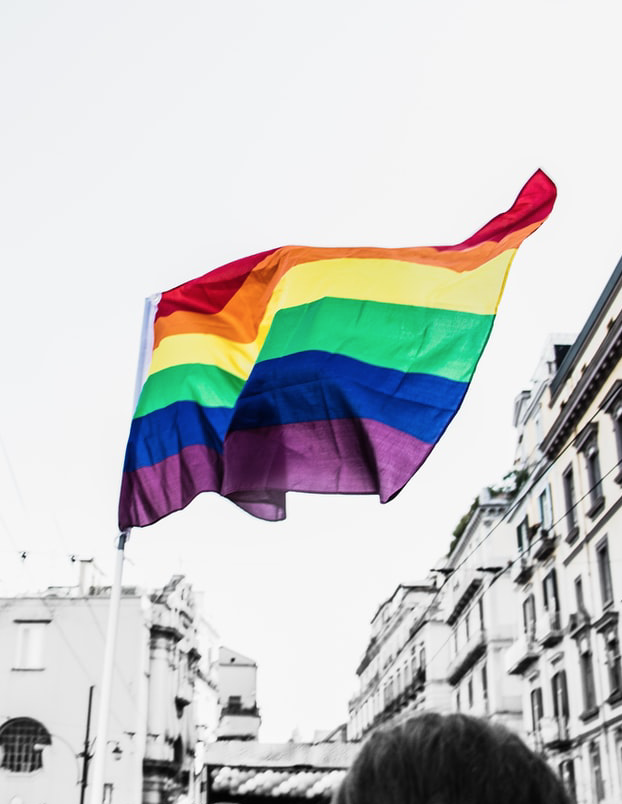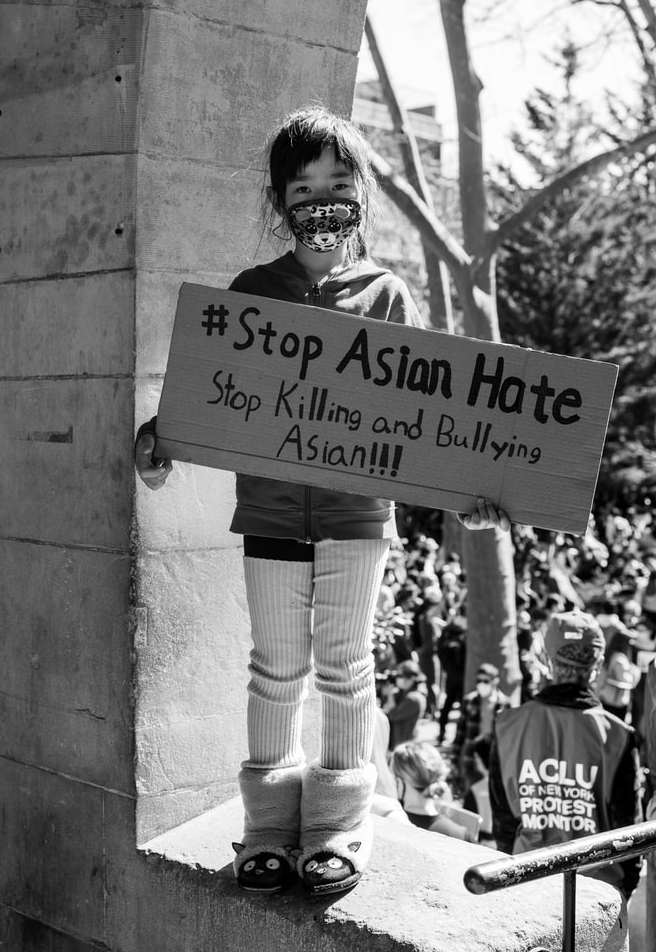
How to be an Ally to Your LGBTQ Friends
Pride Month is a time for the rest of us to show support and learn how to be an ally to the LGBTQ community.

Pride Month is a time for the rest of us to show support and learn how to be an ally to the LGBTQ community.

Anti-Asian racism is on the rise. These acts of hate can be difficult, yet necessary, topics to approach with your children.